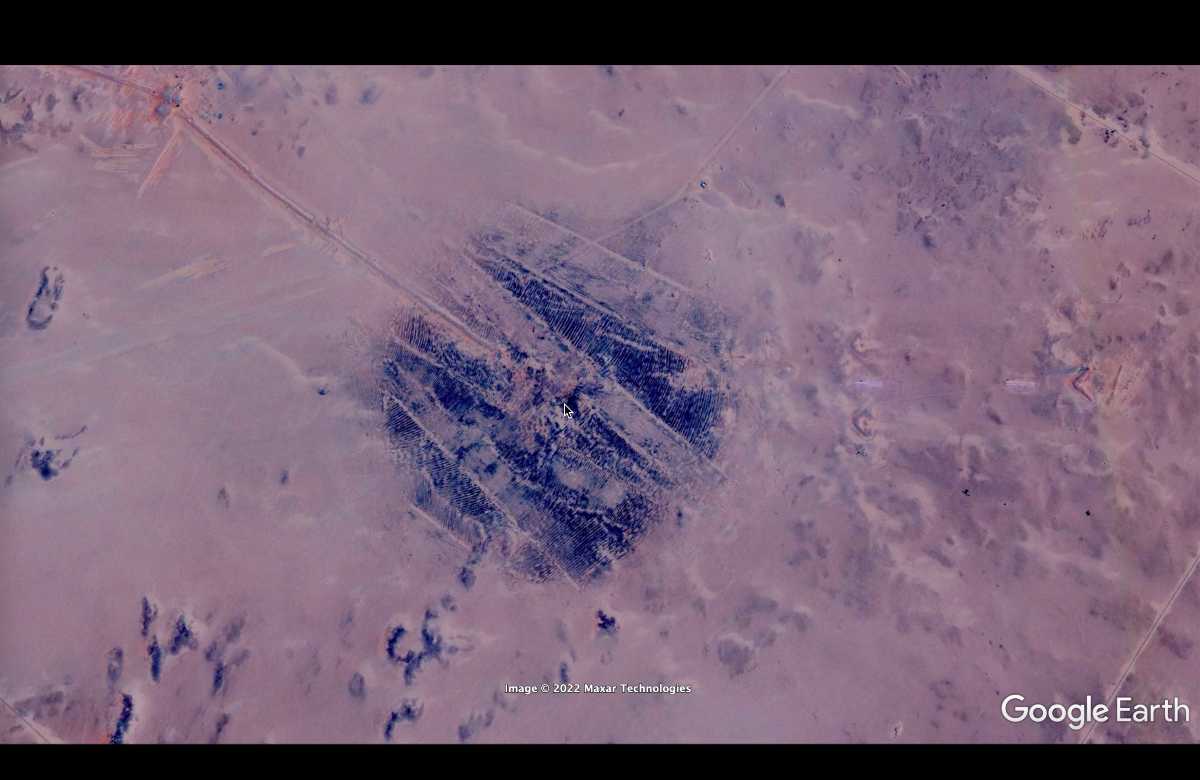Our partner If I Can’t Dance I Don't Want To Be Part Of Your Revolution, in the frame of Edition IX (2022-23), presents Bodies and Technologies, Performing Colonial Toxicity ~ Continuing her work of tracing and naming the spatial, atmospheric and geological impacts of the French nuclear detonation programme, architectural historian, educator and exhibition maker (and 2014 guest tutor at DAI) Samia Henni's upcoming lecture explores the lives and afterlives of radioactive debris and nuclear wastes, exposing the coloniality toxicity – or toxic coloniality? – of the norms and forms of France’s weapons of mass destruction, including the classification of its very sources. March 24, 2023 at the PC Hoofthuis.
Together with the Amsterdam School of Cultural Analysis Political Ecologies programme and Terrains of Struggle seminar, IICD is pleased to invite you to a lecture by architectural historian, educator and exhibition maker Samia Henni who will share some insights into her current research project Performing Colonial Toxicity, which investigates the use of the Algerian Sahara as a nuclear firing field by the French state between 1960 and 1966. To secretly conduct their atomic weapons programme in the colonized Sahara, the French army designed and built two military bases: one in Reggane (situated in the Tanezrouft Plain, approximately 1,150 kilometers south of Algiers) and another in In Ekker (tucked into the Hoggar mountains about 600 kilometers southeast of Reggane). The programme spread irreversible contaminations across Africa and the Mediterranean, affecting human and nonhuman lives, natural and built environments.
24 March: 17:00 -18.45
Where: PC Hoofthuis, room 1,05 / Spuistraat 134
1012 VB Amsterdam
Free, no reservation required, please arrive on time
|

